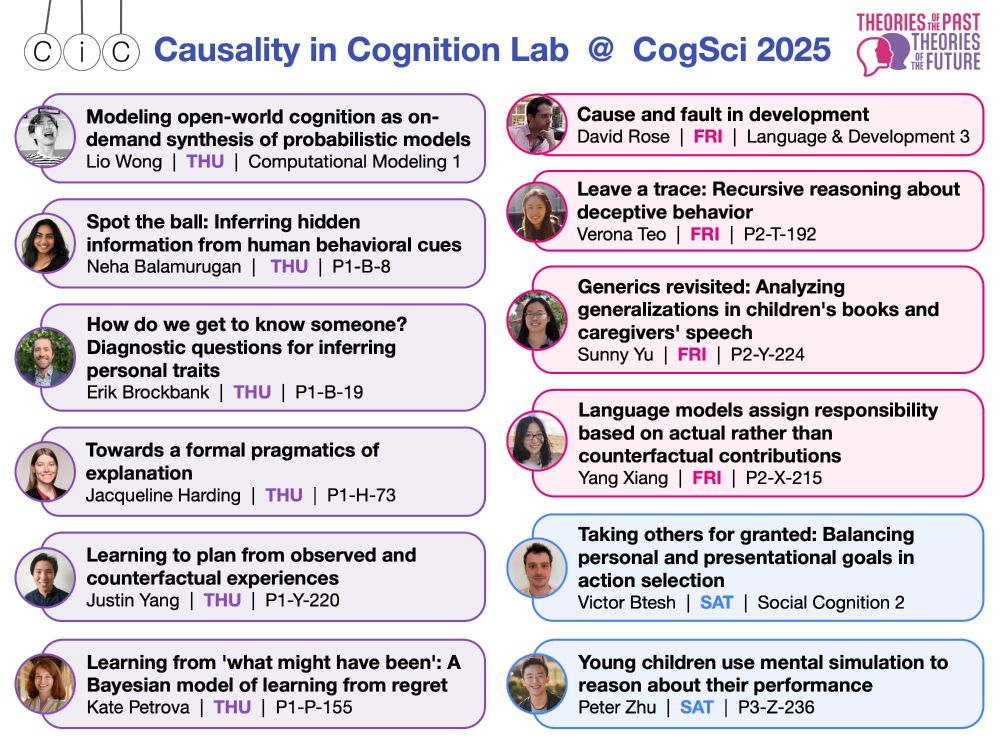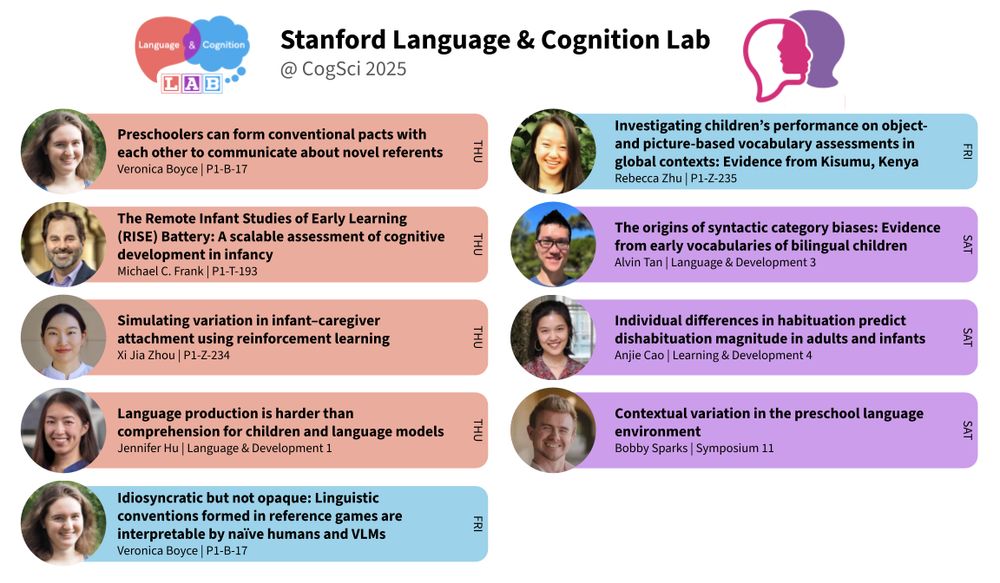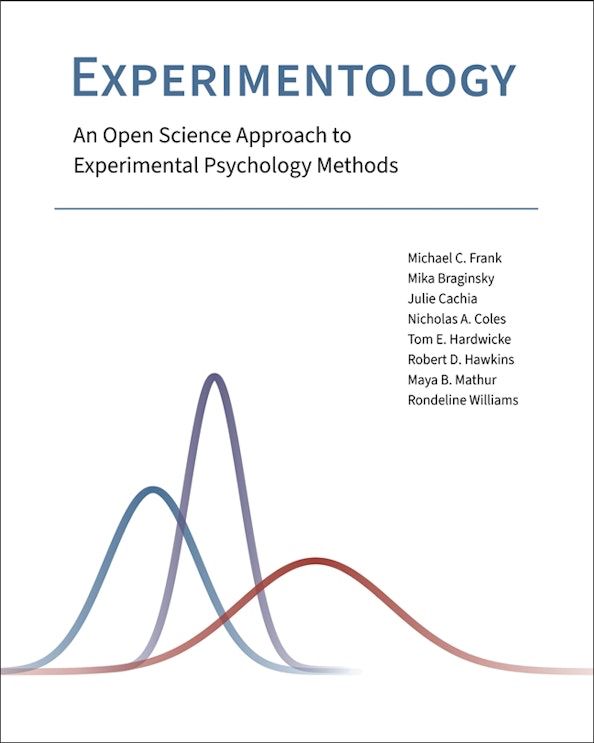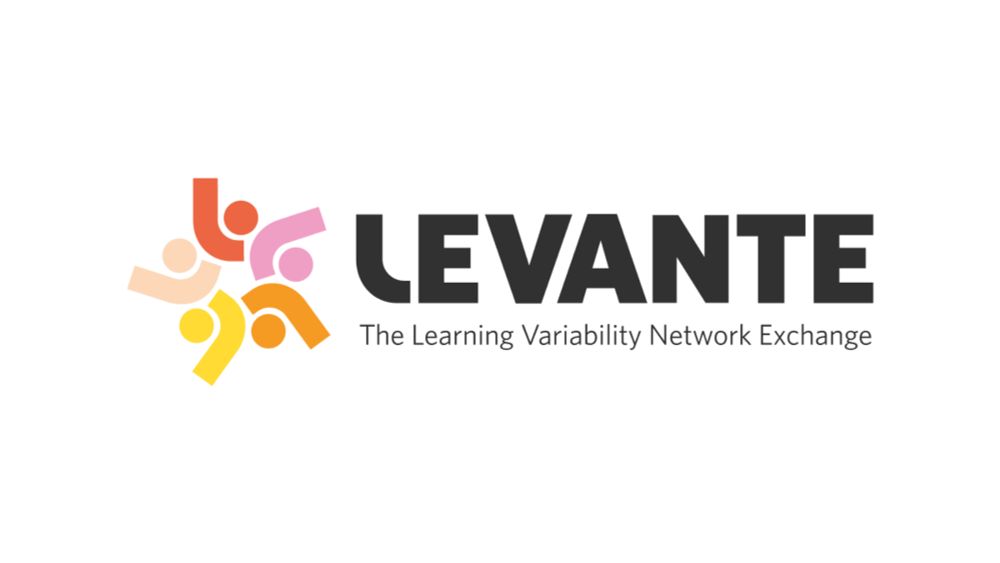I think you may have gotten the wrong Emily! I've been trying to convince her to get on Bluesky though :)
07.02.2026 18:34 — 👍 1 🔁 0 💬 0 📌 0

whybot prototype for kids

turing test I made for class
I am flabbergasted I am by how much vibe coding has expanded my capacities as a scientist and teacher.
In the last few weeks, I've mocked up class demos of a live turing test, generated cross-references for an encyclopedia, and prototyped new tablet tasks for developmental psych.
It's wild.
05.02.2026 23:44 — 👍 80 🔁 11 💬 5 📌 0

Design Arena
Design Arena is the largest global crowdsourced benchmark for design. Challenge, Vote, Crown your Winner.
Same for me, esp. for designing online tasks! I’d love to see a Design Arena-type platform (www.designarena.ai) for research purposes - people voting on which tools help(ed) them set up prototypes, tasks, hosting, data pipelines, interfaces, etc., and identifying the good & dangerous parts
07.02.2026 18:27 — 👍 0 🔁 0 💬 0 📌 0
169 - Tamar Kushnir: The Power of Imagination
NEW EPISODE OUT!
In this episode, @adani.bsky.social chats with Prof. Tamar Kushnir about how we use our imagination to think about the past, make sense of the present, and plan for the future!
open.spotify.com/episode/273a...
06.02.2026 05:10 — 👍 2 🔁 2 💬 1 📌 0
@junyi.bsky.social lots of overlap with some of the questions you're asking! :)
10.01.2026 18:40 — 👍 2 🔁 0 💬 0 📌 0

title line

screenshots from the nine tasks
Very excited to share the first empirical paper from LEVANTE: we describe the LEVANTE core tasks, a set of nine open source tasks for measuring learning and development in kids ages 5-12 years.
osf.io/preprints/ps...
🧵
18.12.2025 22:19 — 👍 99 🔁 31 💬 2 📌 1
oh what fun it is to have this paper out :)
15.12.2025 14:00 — 👍 47 🔁 7 💬 1 📌 3
Fund Search Results | Giving to MIT
This is a fundraising post!
An anonymous donor is matching contributions to Children Helping Science up to 100K through the end of the year - if it's in your giving budget, please consider supporting open science infrastructure!
giving.mit.edu/search/node/...
Details below...
08.12.2025 15:50 — 👍 22 🔁 22 💬 1 📌 8
YouTube video by Stanford Graduate School of Education
AI and the future of human learning | School's In Podcast
What a pleasure speaking with Chris Piech, Denise Pope, and Dan Schwartz about AI & Education on "School's In," (youtube.com/watch?v=lL07...) recorded live at Stanford Open Minds in LA (openminds.stanford.edu/los-angeles)!
06.12.2025 23:31 — 👍 17 🔁 1 💬 0 📌 0
People – Scaffolding of Cognition Team
We are recruiting a lab manager/research assistant to start in early 2026! The successful candidate will conduct awake infant fMRI, meet cute babies, and join a fun team!
More details (e.g. responsibilities): soc.stanford.edu/people/#join...
Apply here: careersearch.stanford.edu/jobs/social-...
21.11.2025 00:16 — 👍 44 🔁 40 💬 1 📌 1

164 - Susan Engel: Do We Become Less Curious As We Grow Older?
NEW EPISODE OUT!
In this episode, Adani @adani.bsky.social chats with Dr. Susan Engel from Williams College about curiosity, invention, her journey into developmental psychology, and her latest book, The Intellectual Lives of Children!
🎧LISTEN NOW:
open.spotify.com/episode/06WD...
22.11.2025 02:02 — 👍 3 🔁 2 💬 1 📌 0
A Minor Revolution: How Prioritizing Kids Benefits Us All — Adam Benforado
Adam’s website: www.adambenforado.com
Adam's book: www.adambenforado.com/a-minor-revo...
Adam’s new organization, Minor Power: https://www.minorpower.org/
07.11.2025 21:50 — 👍 0 🔁 0 💬 0 📌 0
If you interact with children in any capacity, be it as a parent, relative, educator, researcher, or simply as a citizen (which really is all of us!), I encourage you to listen in! There’s something in there for everyone :)
07.11.2025 21:50 — 👍 0 🔁 0 💬 1 📌 0
A Minor Revolution: How Prioritizing Kids Benefits Us All — Adam Benforado
I learned so much in talking to Adam about his most recent book, A Minor Revolution, which covers the past, present, and future of children’s rights in the U.S. We also dove into how he first got to work on the issues he now champions, and how those issues shape all of our lives and futures!
07.11.2025 21:50 — 👍 1 🔁 0 💬 1 📌 0

162 - Adam Benforado: How prioritizing kids benefits us all
So excited that this latest podcast episode with Adam Benforado is now out: open.spotify.com/episode/6v4J...!
07.11.2025 21:50 — 👍 3 🔁 0 💬 1 📌 0
excited to read -- great work @zihanwang.bsky.social & all! :)
13.10.2025 03:54 — 👍 0 🔁 0 💬 0 📌 0
Now out in Cognition, work with the great @gershbrain.bsky.social @tobigerstenberg.bsky.social on formalizing self-handicapping as rational signaling!
📃 authors.elsevier.com/a/1lo8f2Hx2-...
19.09.2025 03:46 — 👍 36 🔁 13 💬 1 📌 1
OSF
Check out our full paper’s preprint here: doi.org/10.31234/osf...
27.08.2025 21:00 — 👍 2 🔁 0 💬 0 📌 0
It's been lovely working on this with such an awesome team: Igor Bascandziev, @ebonawitz.bsky.social, @carenwalker.bsky.social! They took me in as a mentee when I first came to the U.S. two years ago, and they continue to shape my thinking and work in many ways :)
27.08.2025 21:00 — 👍 3 🔁 0 💬 1 📌 0
...learn just as much from thought experiments as from 'real' experimental demonstrations—except you don't need any fancy equipment, the child's mind alone is enough!
27.08.2025 21:00 — 👍 1 🔁 0 💬 1 📌 0
And it turns out that when, in early physics instruction, you engage children in thought experiments to help them grapple with tricky ideas like tiny things and air having weight, they can...
27.08.2025 21:00 — 👍 1 🔁 0 💬 1 📌 0

Thought experiments—imagining and thinking through outcomes—aren't just the morbid-amusing trolley problems you may have seen; they've played a vital historic role in our scientific progress in domains like physics!
27.08.2025 21:00 — 👍 1 🔁 0 💬 1 📌 0
So cool to see our project, spearheaded by Igor Bascandziev, featured in Harvard's 'Usable Knowledge'!
27.08.2025 21:00 — 👍 5 🔁 1 💬 1 📌 0
That sounds like a really exciting space to be working in! Congrats on the new role :)
15.08.2025 03:41 — 👍 1 🔁 0 💬 1 📌 0
LOL so that's what you were wearing! So good
01.08.2025 03:47 — 👍 1 🔁 0 💬 0 📌 0

The Causality in Cognition Lab is pumped for #cogsci2025 💪
25.07.2025 15:47 — 👍 57 🔁 8 💬 0 📌 0
Congrats Yang! Hope to catch you there :)
25.07.2025 03:47 — 👍 1 🔁 0 💬 0 📌 0

Presentation list for language and cognition lab at CogSci 2025.
Looking forward to #cogsci2025 next week - here's a list of presentations from my lab!
23.07.2025 00:03 — 👍 47 🔁 7 💬 2 📌 0

Experimentology cover: title and curves for distributions.
Experimentology is out today!!! A group of us wrote a free online textbook for experimental methods, available at experimentology.io - the idea was to integrate open science into all aspects of the experimental workflow from planning to design, analysis, and writing.
01.07.2025 18:25 — 👍 533 🔁 228 💬 9 📌 15
Postdoc at Stanford | Developmental NeuroAI
PhD student at Stanford Psychology 🧠💻 | Computational modeling of the visual cortex & NeuroAI | Johns Hopkins U ‘24
PhD student @ Harvard || computational cognitive science, human decision making, problem solving, and reasoning
Associate Professor, Dept of Psychology, Stanford University
Social Learning, Cognition, Development | sll.stanford.edu
The Jacobs Center for Productive Youth Development is a scientific center at the University of Zurich focused on youth development. The Center is a joint venture between the University of Zurich and the Jacobs Foundation.
jacobscenter.uzh.ch
Pre-Doc @Stanford
Data Science & Psych @UChicago
(If there’s such a thing as a PhD market, that's where I am)
Social Learning Lab at Stanford University. We study children's cognitive development and how they learn from the social world.
PI: Dr. Hyowon Gweon @hyogweon.bsky.social
psychology phd student @ johns hopkins | cognitive development & explanation
Computational Cognitive Science PhD at Johns Hopkins with Leyla Isik
| BS @Stanford|
| 🔗 https://garciakathy.github.io/ |
Co-founder of Flourish Science (flouriship.com) | PhD @ Stanford Psych | well-being, culture, emotions, and close relationships 🇯🇵&🇫🇷
PhD @Stanford studying cognitive science & AI
Prev: Pre-doc Fellow @Harvard, Econ & CS research with Paul Romer, Stats & ML @UniofOxford, Econ @Columbia
phd student at stanford. developmental cognitive neuroscience. visual perception. infant fmri. she/her.
neuroscience phd candidate @ stanford.
knight-hennessy, nsf graduate research fellow, quad fellow, NASEM ford fellow. formerly yale, dzne_en, and umn neuroscience.
News and updates from the Munich Center for Mathematical Philosophy at LMU Munich. Disclaimer: reposts and likes are not endorsements.
postdoc studying learning and memory in kids and teens with Cate Hartley at NYU. https://susanbenear.github.io/
Machine-learning engineer and journalist, A.I. Initiatives @nytimes.com
My work: https://www.nytimes.com/by/dylan-freedman
Contact: dylan.freedman@nytimes.com, dylanfreedman.39 (Signal)
🏃🏻 🎹
PhD student at @CarnegieMellon with @ybisk.me | prev: Research Scientist at @NYUDataScience with @brendenlake.bsky.social. Concept, Symbols, Abstraction, Cognitive Science, AI
https://wliwenjieli.github.io
Assistant Professor of Computer Science at Princeton | #HCI #AR #VR #SpatialComputing
parastooabtahi.com
hci.social/@parastoo













